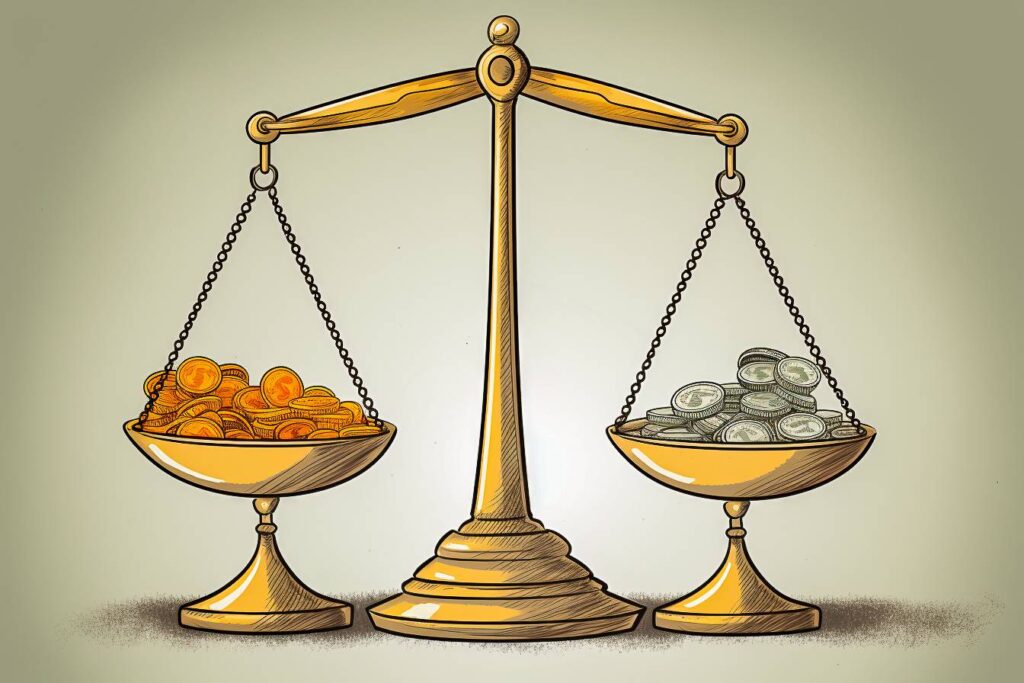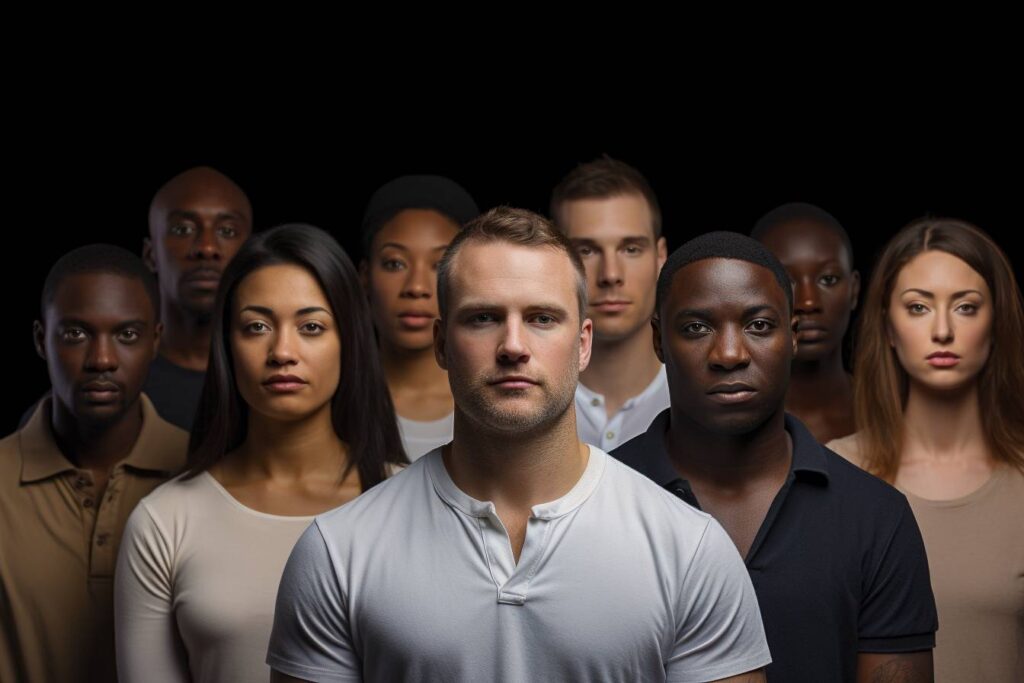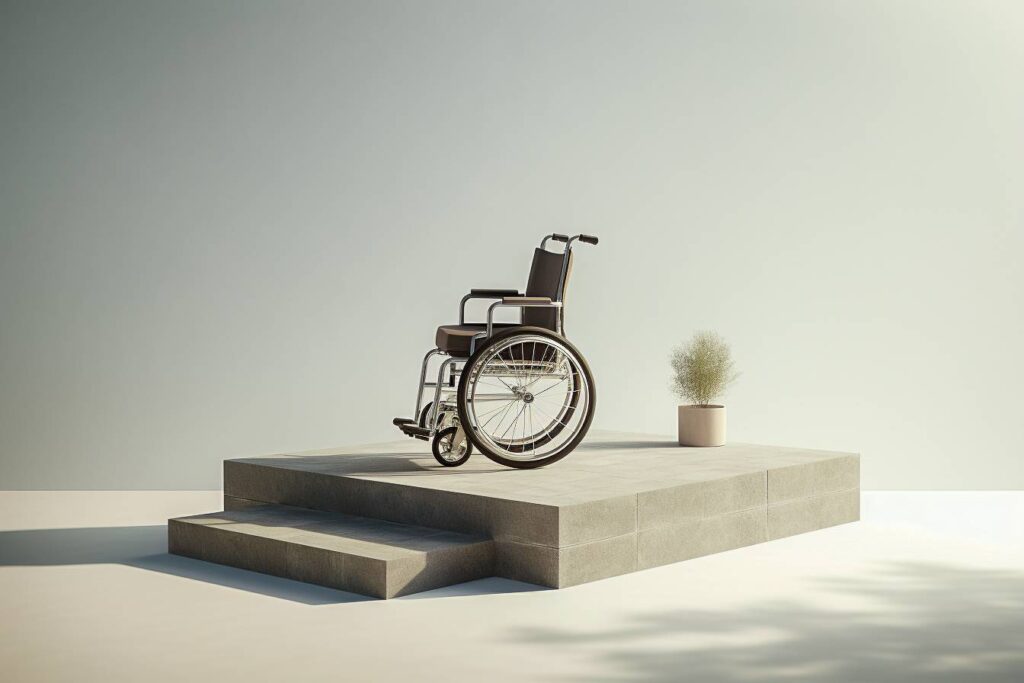Inequality in society is a stark reality – not everyone has equal access to resources, opportunities or privileges. It is a complex issue that creates differences between individuals and groups. At its core, inequalities in society reflect systemic imbalances that can take many forms, including economic inequalities or unequal educational opportunities.
Societal inequalities are based on historical prejudices, discriminatory policies that have persisted for generations. These inequalities often result in a divided society in which certain groups face barriers to success, while others enjoy undeserved advantages. Economic disparities are widening, educational opportunities are diverging and social stability is becoming a fragile issue.
When tackling inequalities in society, it is very important to understand that they will not change only by changing inequality gaps, which include issues of power and privilege. The consequences of inequalities are felt in all spheres of life, affecting health, employment opportunities and general well-being. In addition, inequalities can fuel social unrest as disenfranchised communities seek justice and equality in a variety of ways, including violent protests.
Tackling inequalities in society requires a multifaceted approach that includes changing policy discourse (simpler and clearer), fostering a societal mindset (developmental) that values diversity and equal opportunities.
It is equally important to recognize that social inequalities will always exist, because when we talk about social inequalities we are not talking about biological factors such as strength, mental capacity or appearance. These biological aspects lead people to make unconscious decisions, perhaps even irrational ones, because they are instinct-driven.




